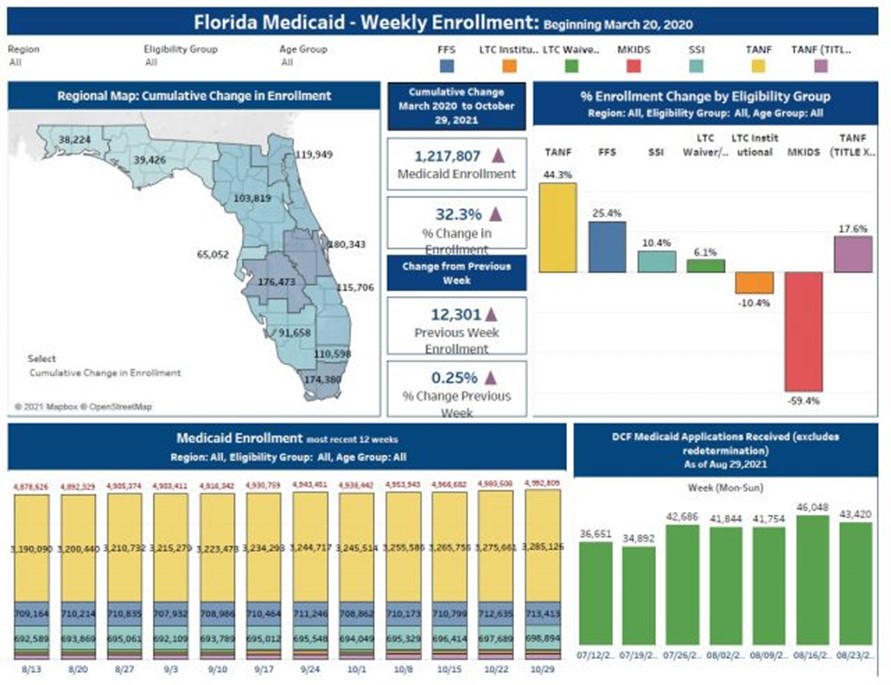MM Curator summary
Oregon Medicaid is trying to take back money from a settlement that included finding the state of Oregon at fault in the accident.
The article below has been highlighted and summarized by our research team. It is provided here for member convenience as part of our Curator service.
Shutterstock
An Oregon man who won a $750,000 settlement is now battling an effort by the state to recoup nearly two thirds of that cash to pay for past benefits provided under the Medicaid-funded Oregon Health Plan.
Bryndon Ulmer sued Oregon and a state-hired tree removal contractor after a large pine tree rolled down a steep embankment into his oncoming vehicle along State Route SR42 South in Coos County.
The 2017 accident put Ulmer in a wheelchair for the rest of his life, court records show. He’s now a partial paraplegic and his medical expenses for the rest of his life due to his condition are expected to exceed $14 million.
The Oregon Department of Transportation, Coos County and the tree removal contractor settled the lawsuit with Ulmer for a combined total of $750,000, court records show. The state had hired the tree removal company, Jensen’s Tree Service, to clear the road and right-of-way of dangerous trees.
But now, Oregon wants nearly two-thirds of the settlement — $471,257.47 — to put towards Ulmer’s Medicaid costs, according to a new lawsuit Ulmer filed that seeks to block a state lien on the settlement payment. The lawsuit was filed in July in U.S. District Court in Eugene. Ulmer is suing the Oregon Department of Human Services, DHS Director Fariborz Pakseresht, Oregon Health Authority and Theresa Arendell, personal injury liens coordinator at DHS.
Spokespeople for DHS and the health authority declined to comment. Ulmer’s attorney, William D. Brandt, didn’t respond to requests for comment.
The lawsuit sheds light on a little-known corner of Oregon’s Medicaid system. By law, the DHS Personal Injury Lien Unit files liens on settlements or court judgements that Medicaid recipients receive that are intended to compensate them for medical expenses.
For example, someone on Medicaid who is injured in an auto accident would report the injury and vehicle insurance claim information to the state, even though their vehicle insurance company is covering the costs. That way, the state can be reimbursed from the vehicle insurance company and Oregon will still pay Medicaid claims not covered if the vehicle insurance coverage ends.
Ulmer’s case is different, the lawsuit alleges.
That’s because the settlements reached — including the one with the state of Oregon — specifically state they are not intended to go toward medical costs, the lawsuit said.
“The settlement monies were specifically designated to improve plaintiff’s future quality of life by providing, after costs, fees and expenses, sufficient money to allow him to have a residence and automobile specifically equipped for his needs,” the lawsuit said.
The settlement breakdown is $50,000 from the state, $50,000 from Coos County and $650,000 from the tree service company.
“The settlement agreements specifically provide that none of the monies being paid were paid for past medical expenses, wage loss or other out-of-pocket expenses,” the lawsuit said. Even so, DHS imposed the $471,257.47 lien, and the Oregon Department of Justice is now holding onto the settlement funding until the case is resolved.
State Wouldn’t Waive Lien
The lawsuit argues the state’s action violates the due process clauses of the U.S. Constitution that prohibit the government from taking private property without compensation.
Before the lawsuit was filed, the plaintiff asked state officials to reconsider their approach.
DHS offered to settle the lien for $353,630.60, which the lawsuit says is contrary to prior case law.
“The amount of the settlement that was obtained in this case was a mere fraction of the actual damages suffered by plaintiff,” the lawsuit said.
‘Fundamentally Unjust’
The lawsuit said Oregon cannot take a position contrary to what the state has already taken in the settlement agreement which “specifically provided that no part of the settlement funds were intended to pay for past or future medical expenses.”
“Defendants’ position would give them an unjustified windfall at plaintiff’s expense,” the lawsuit said. “Defendants’ position would create a fundamentally unjust result.”
The lawsuit said the state has failed to take into consideration state law that says DHS can release any portion of a lien based on anticipated medical expenses after the date of the settlement of judgement.
“Since plaintiff’s future care plan far exceeds $14 million, there is no doubt that plaintiff will incur additional medical, surgical and hospital expenses and that additional assistance will have to be given to plaintiff after the date of the settlement,” the lawsuit said.
The lawsuit seeks a determination that Oregon’s current legal framework for Medicaid liens is not authorized under the federal Medicaid law’s anti-lien provision and invalid. The lawsuit also seeks a determination that the state’s statutory scheme to collect that lien is unconstitutional and a determination that Oregon has no enforceable lien right against Ulmer.
After winning court approval to delay the due date for its response, the state has until Nov. 22 to confirm or deny Ulmer’s description of the case.
You can reach Ben Botkin at ben@thelundreport.org or via Twitter @BenBotkin1.
Clipped from: https://www.thelundreport.org/content/oregon-man-sues-state-it-tries-collect-medicaid-his-settlement




